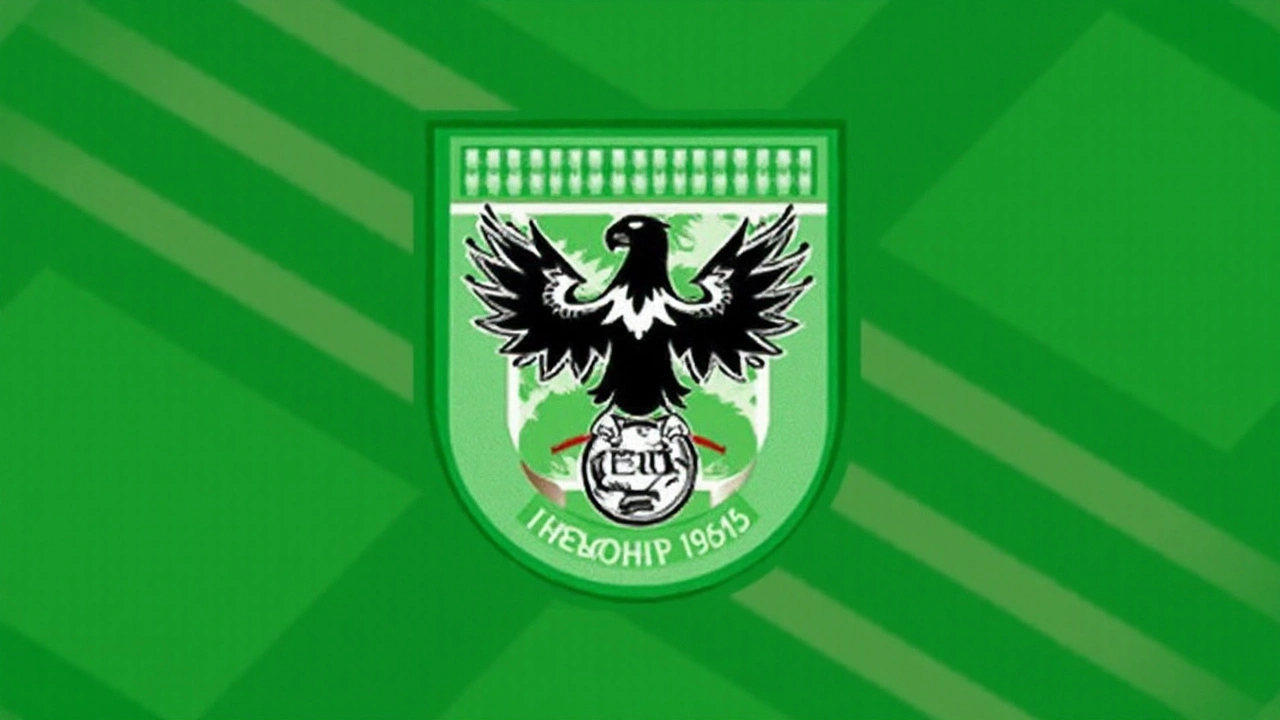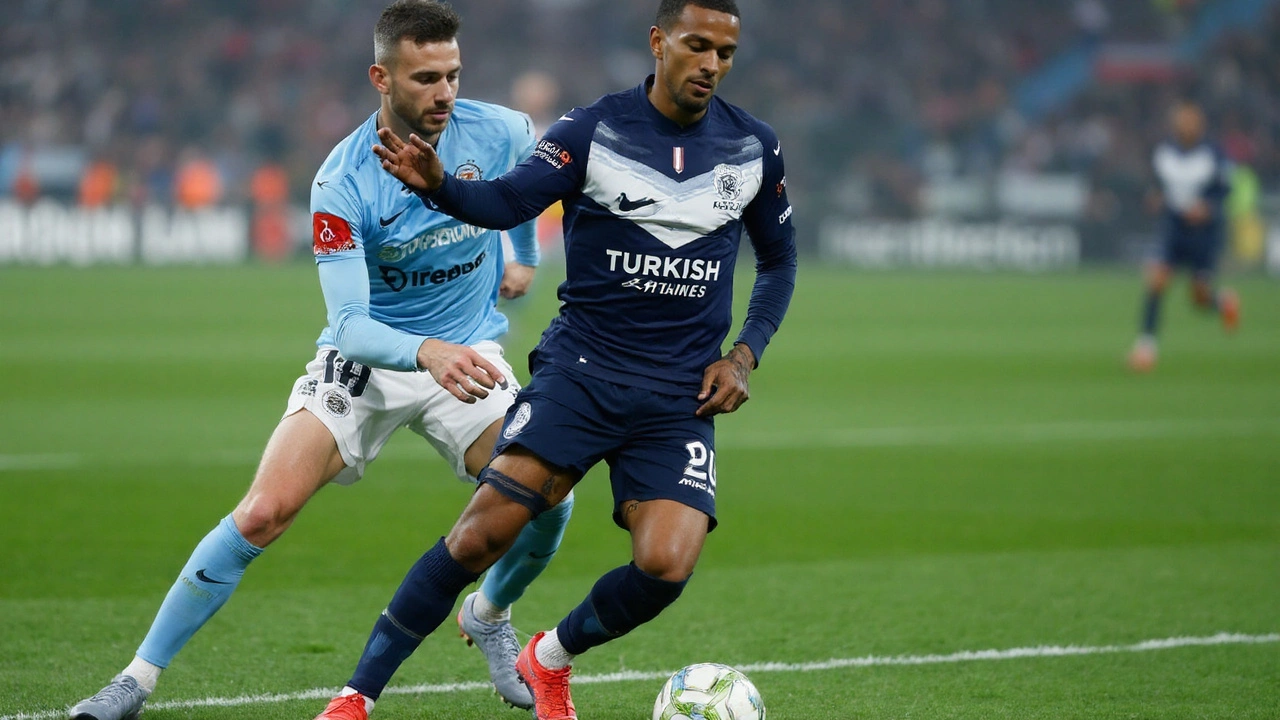Ferencvaros land Daniel Arzani as Keane adds pace and craft
Hungarian champions Ferencvarosi TC have signed Australian international Daniel Arzani on a free transfer, a move completed in June 2025 that puts the 26-year-old back in European football and into Robbie Keane’s rapidly evolving squad. The former Celtic winger arrives after two influential seasons at Melbourne Victory, where he helped drive the club to consecutive A-League Grand Finals and earned his way back into the Socceroos frame.
Arzani had options. A switch to Scotland with Hearts was discussed earlier in the window, but the chance to join Hungary’s 36-time champions, work under Keane, and compete for trophies at home and in Europe proved the more compelling route. Ferencvaros have been methodical this summer, adding fresh energy with signings such as Cadu, Bence Ötvös, and Barnabás Nagy. Arzani fits that theme: a technician with acceleration, 1v1 quality, and the edge to change tempo in the final third.
Details of the contract were not disclosed, but the intent is obvious. Keane wants more directness in wide areas and a greater threat between the lines. Arzani brings both. He can operate off either flank, drift inside as a playmaker, and combine on the run—useful against deep domestic blocks and in European qualifiers, where moments of individual invention often decide ties.
For Arzani, this is a second chance to settle in Europe on his terms. His first go at Celtic, after the 2018 World Cup, was derailed by injuries. Since then, he’s stacked up experience across the Netherlands (Utrecht), Denmark (AGF), Belgium (Lommel), and back in Australia with Macarthur FC and Melbourne Victory. The mileage shows in smarter decision-making and improved end product, traits that were evident last season in the A-League.

Why Arzani picked Ferencvaros—and what comes next
Let’s start with the recent body of work. Across two seasons at Melbourne Victory, Arzani played 64 matches, scored seven goals, and laid on 12 assists. He wasn’t just padding numbers; he was a reliable outlet when games tightened, carrying the ball out of pressure and drawing fouls to tilt the field. That consistency helped Victory reach back-to-back Grand Finals and nudged him back toward the national team setup.
He leaves Australia on good terms. “My time at Melbourne Victory has been incredibly rewarding,” Arzani said, thanking the club and its supporters for backing his rebuild. That matters. Players who leave with confidence often hit the ground running in new environments. And Ferencvaros, fresh off another league title under Keane, can offer him rhythm, responsibility, and the kind of platform that puts attackers in the spotlight.
It’s easy to forget that Arzani’s big leap arrived very early. Born in Iran and raised in Australia, he shot through youth football—Eastern Suburbs FC to Sydney FC’s academy—before breaking out with Melbourne City. He netted his first professional goal against the Newcastle Jets on January 25, 2018, then fast-tracked into Australia’s World Cup squad that same year, appearing in all three group matches against France, Denmark, and Peru. That rapid rise came with expectations, and the learning curve since has been steep.
Ferencvaros offer a clearer runway. Domestically, they see more of the ball than most opponents and need wingers who can unpick low blocks without losing structure. In Europe, where games stretch and transitions open lanes, Arzani’s acceleration and timing can turn half-chances into real chances. Keane’s teams want to move quickly from regain to goal, and Arzani’s ability to carry the ball at pace suits that brief.
The club is also building depth for a long season. Adding Cadu, Ötvös, and Nagy addresses different needs across the pitch, but the common thread is versatility. Arzani’s flexibility—left wing, right wing, or as a roaming 10—gives Keane options to switch between a wide 4-3-3, a narrow 4-2-3-1, or something more fluid depending on the opponent. Expect him to start wide, isolate full-backs, and come inside to combine with the central striker and arriving midfielders.
What about expectations? Fair but ambitious. Ferencvaros aim to keep their domestic dominance while pushing deeper in Europe. That means navigating early-season qualifiers, handling quick turnarounds, and finding goals in tight contests. Arzani’s job is to add unpredictability: win a duel, draw a defender, flip the geometry. If he does that consistently, the assists and goals usually follow.
His timing helps the national team conversation too. The Socceroos watch European minutes closely because of the week-to-week intensity and the tactical variety across opponents. If Arzani earns regular starts and produces, he strengthens his case for selection in upcoming international windows and keeps himself in the discussion for major tournaments down the line.
There’s also a practical fit between player and manager. Keane’s own playing career leaned on sharp movement, quick combinations, and a feel for space. He’s carried that into coaching: wingers are encouraged to drive at defenders, but with purpose—create angles, not just dribbles. Arzani’s Melbourne Victory spell showed he’s more selective now, picking his moments rather than forcing them. That maturity might be the biggest gain since his early Celtic setback.
Still, the adjustment is real. New league, new language environment, new teammates. Pre-season matters here. The aim is to nail down patterns—who overlaps, who underlaps, how the No 9 pins defenders—so that when European qualifiers arrive, the team is rehearsed. If Arzani can connect quickly with Ferencvaros’s full-backs and midfield creators, the transitions from training ground to match day should be smooth.
Supporters will be curious about his role in set plays and counters. At Victory, he often started counters by receiving on the half-turn near halfway, then carrying 20–30 metres before releasing a runner. Ferencvaros can replicate that with their pace up top. On set pieces, expect him more as a second-phase threat than a primary taker—arriving for cut-backs or picking up cleared balls to recycle pressure.
The broader context is hard to ignore: Ferencvaros are trying to stay one step ahead of domestic rivals and make themselves harder to prepare for in Europe. Arzani’s directness brings a different look compared to traditional chalk-on-the-boots wingers. He’ll drift into pockets, demand the ball on the turn, and provoke fouls in dangerous areas. That’s the sort of variance that wins tight games in July and August when rust and travel can level the playing field.
Arzani’s journey to this point has been eventful. From the U17 World Cup in 2015—where he faced Germany—to the whirlwind of the 2018 World Cup and the frustration that followed, he has seen every side of a young footballer’s rise. The last two seasons in Australia were about rebuilding confidence and sharpening habits. Now comes the test of transferring that form to a title-winning team that expects results every week.
Keane’s first months in charge delivered a championship and set a tone: high standards, clear roles, attacking intent. Adding Arzani is a bet that talent, when supported by the right structure, tilts games. If the fit is right, Ferencvaros get a winger entering his prime and hungry to prove that his best football is in front of him. Arzani, in turn, gets a stage big enough to matter—at home and across Europe—where a single run can flip a season’s narrative.
Next up: fitness work, friendlies, and bedding into the squad’s rotations. Then the real thing—domestic defence of the title and the grind of continental qualifiers. For player and club, this is a calculated move with clear upside. Now it’s about minutes, chemistry, and turning promise into production.
